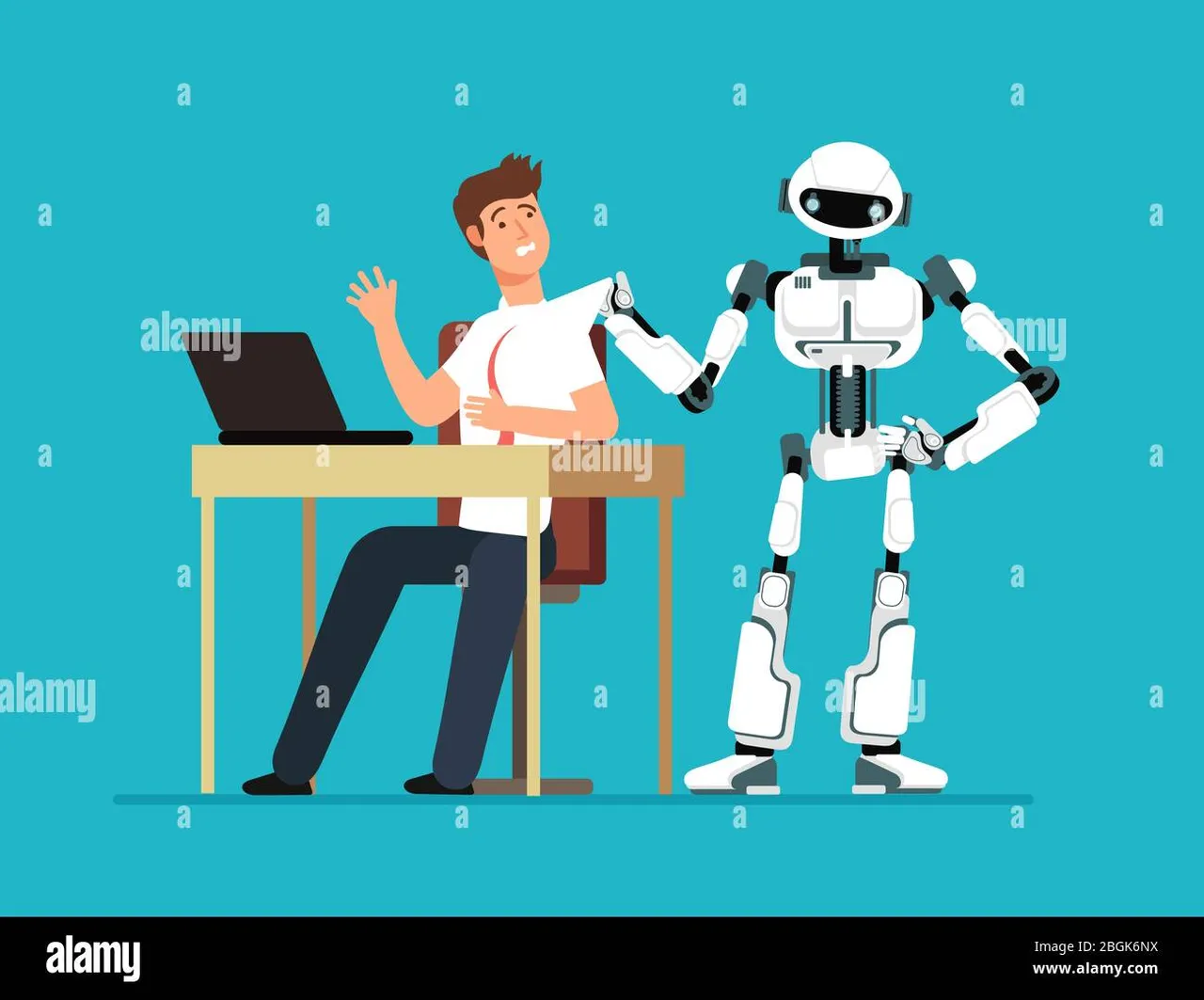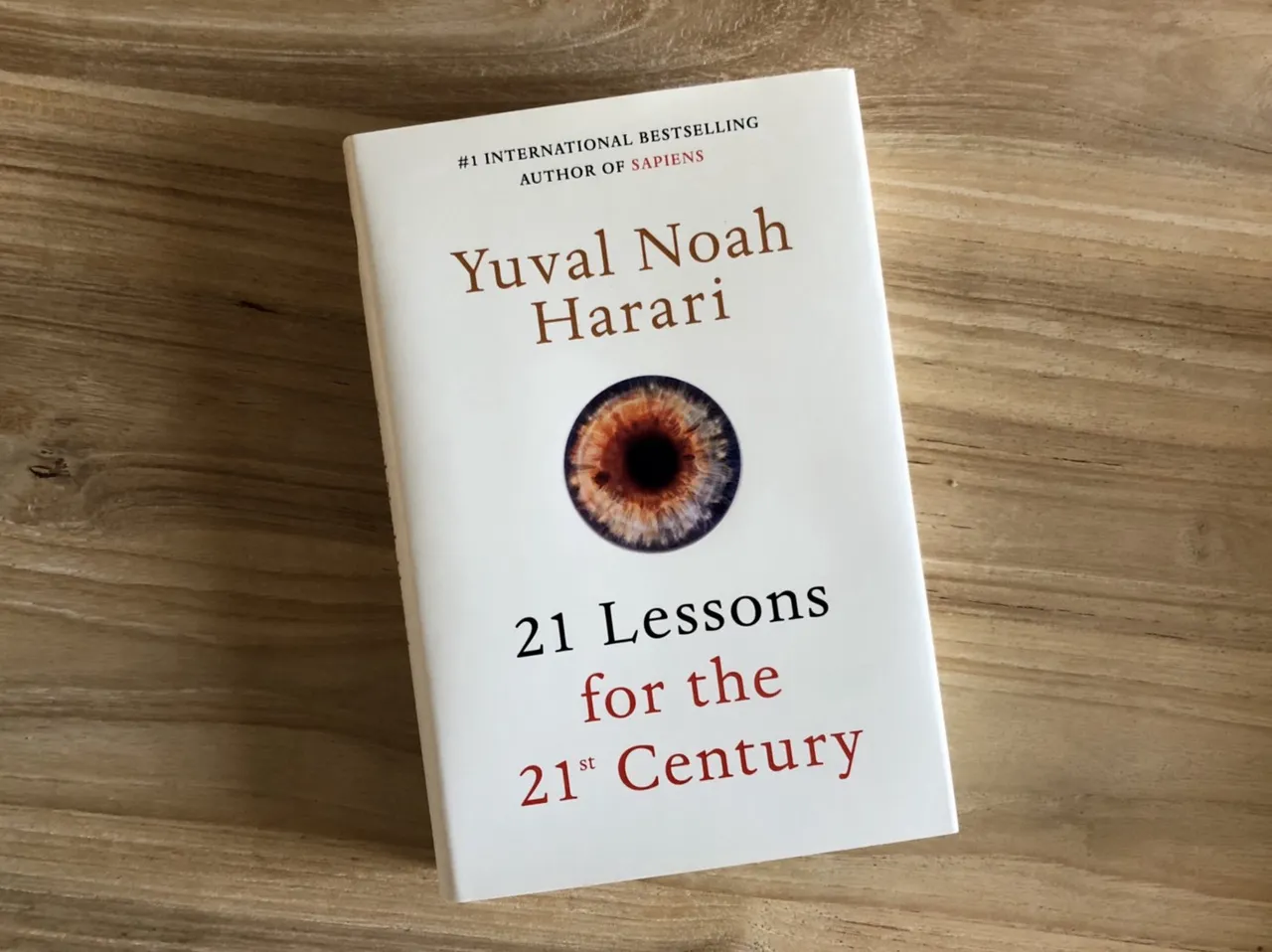Ever thought about this, with AI, machine learning, and robotics in charge, what will the job market look like in 2050.
I was casually looking through books, to what to read next, and came across this book.
21 lessons for the 21st century by this world-famous author Yuval Noah Harari. This book is my first with this author. So I have this habit of scanning the contents of the book, reading in between some points before I start any book. So doing same this time also.
I stopped by this chapter headed by the title Work. and this 1st title (When you grow up you might not have a job)intrigued me to read this. It was honestly mind-expanding and illuminating at the same time. I believe everyone should read this book once in a lifetime to understand the world better.
Today I'm gonna summarize my takeaways from this particular Work chapter.
We have no idea how the job market will look in 2050, there are conflicting views, some say that billions of people will become economically redundant, and others say even in the longer run automation will keep generating new jobs and greater prosperity for all. What are your views on this?
Humans have 2 types of abilities- physical and cognitive, humans only have an edge over machines in cognition. As we have seen in the past how automation has outdated humans in physical abilities. Now AI is outperforming humans in more cognitive skills too that including learning, analyzing, communicating, and understanding human emotions. We don't know any third field where humans will retain a secure edge.
With research in areas such as neuroscience and behavioral science, it turned out that our choices of everything that we call free will are nothing but billions of neurons calculating possibilities within a split second. 'Human intuition' is in reality 'pattern recognition. AI competing against neural networks seems daunting, isn't it? It can be better than humans in this.
As long as we consider emotions and desires were generated by immaterial spirit, AI will never be able to replace humans but what if these are just biochemical algorithms. So the threat of job losses doesn't merely arise from the rising of infotech but with the confluence of infotech and biotech. Moreover, AI possesses two nonhuman abilities - connectivity and update ability which gives it more edge. Individuals humans are likely to replace by integrated networks.
On the other hand, creativity will be a difficult hurdle for automation,
The latter author talked about how to cope with it, AI continues to improve, and human employees will need to learn new skills repeatedly and change their profession. The government will have to step in, both by subsidizing the lifelong education sector and by providing a safety net for inevitable periods of transition.
So as of now forget about the idea of 'profession for life'.
I was only able to summarize a little bit, of what's in that chapter. I strongly suggest you read this mind-boggling book.
Till then goodbye 💜 👋
Would love to know your views on this
Lots of love ❤


